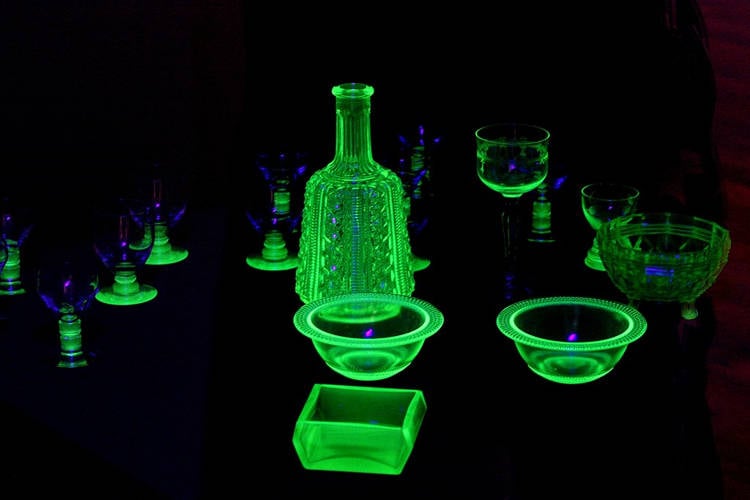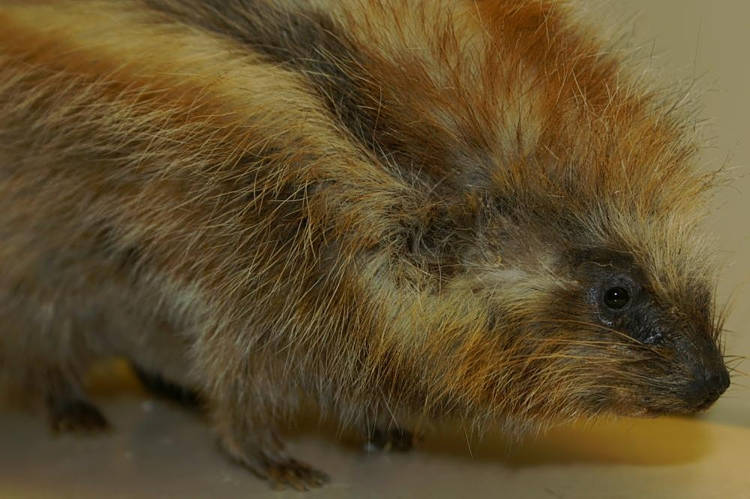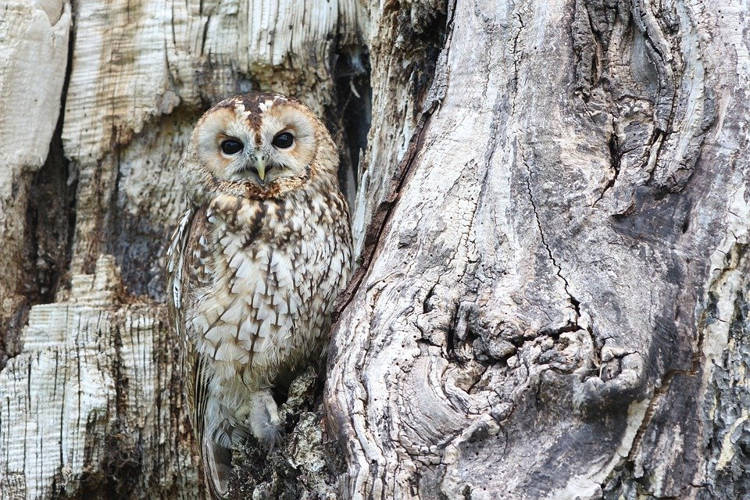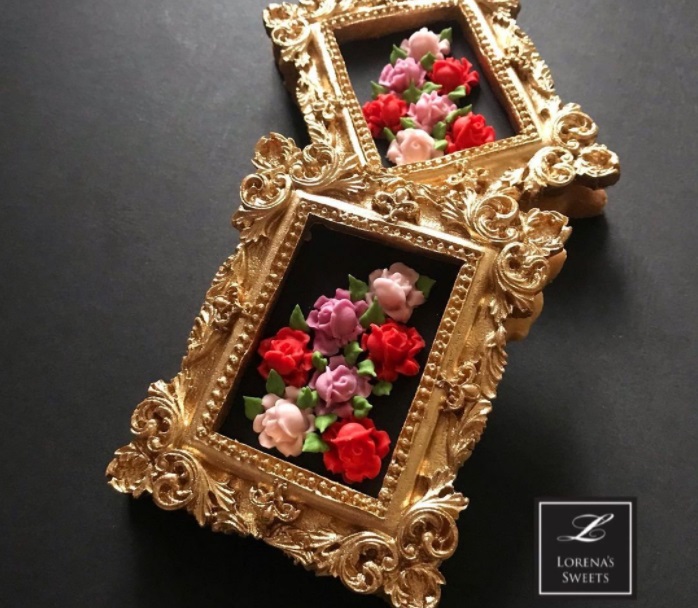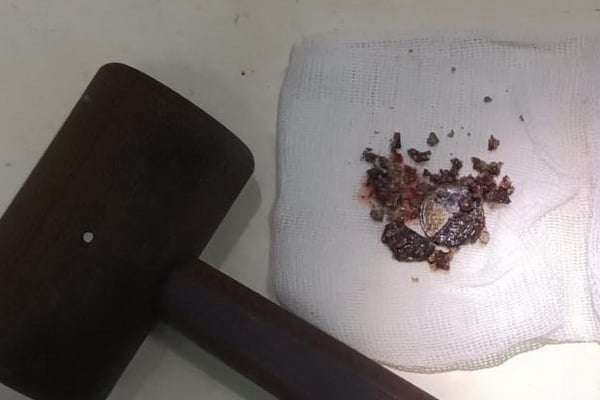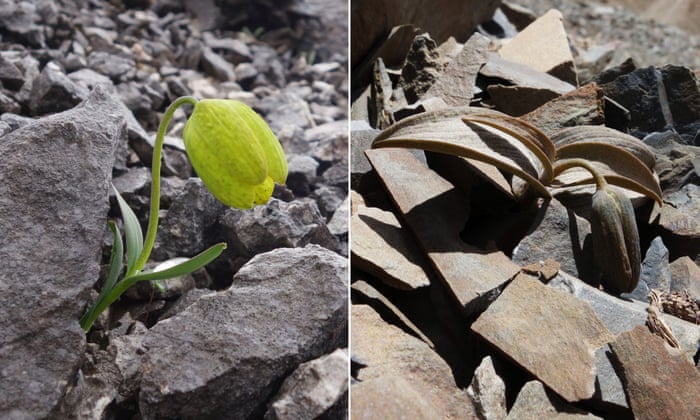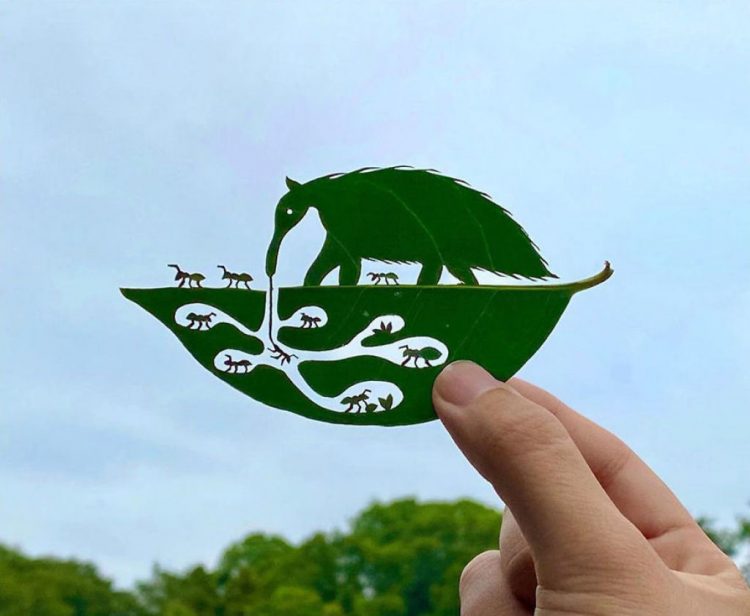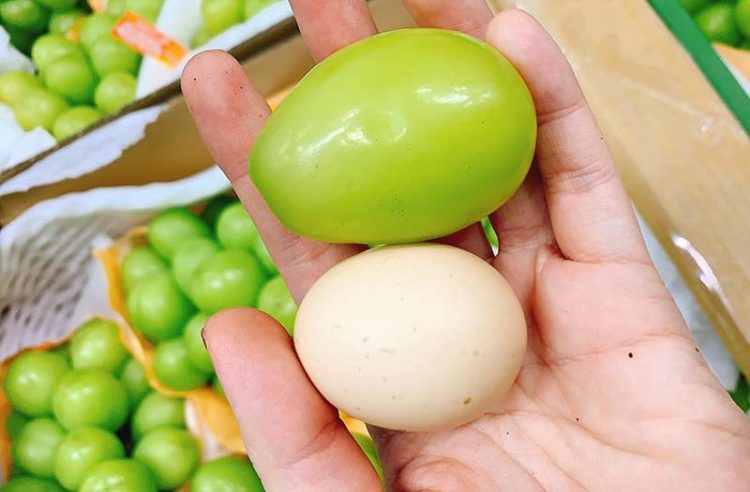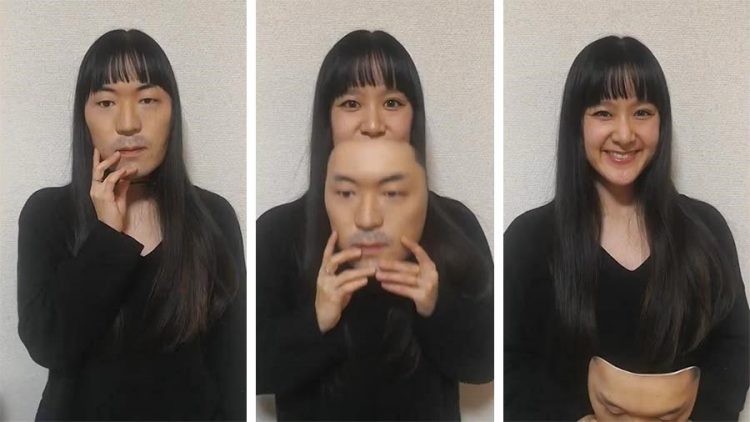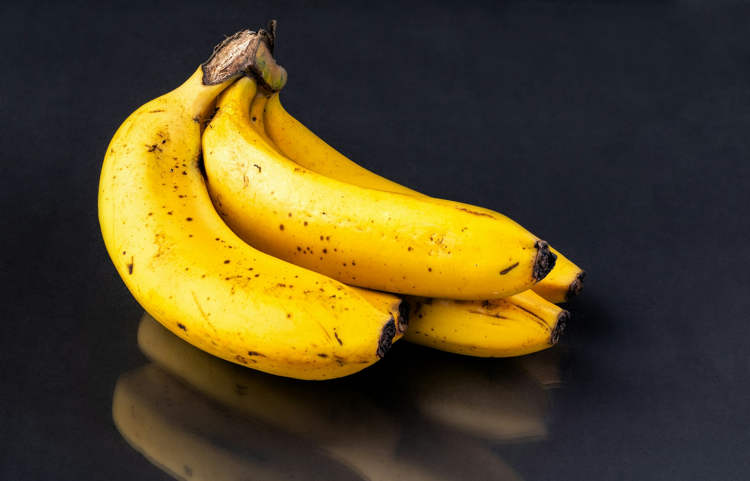Believe it or not, there was once a time when people exposed themselves to harmful levels of radiation to create uranium glass – detailed, fluorescent glassware that glowed a radioactive green under black light. Some antique collectors still live with them in their homes today.
As its name suggests, uranium glass is a special type of glass made with uranium oxide, which gives it a yellow or yellow-green tint, but also makes it radioactive and causes it to glow green under a UV black light. The proportion of uranium in this type of glass usually varies from trace levels to about 2 percent, although uranium glass made in the early twentieth century contained up to 25 percent uranium. Interestingly, the fluorescence of uranium glass is not related to its radioactivity, but is a chemical property of the uranium. In fact, uranium glass is considered generally safe to use, as long as you don’t use it constantly…

